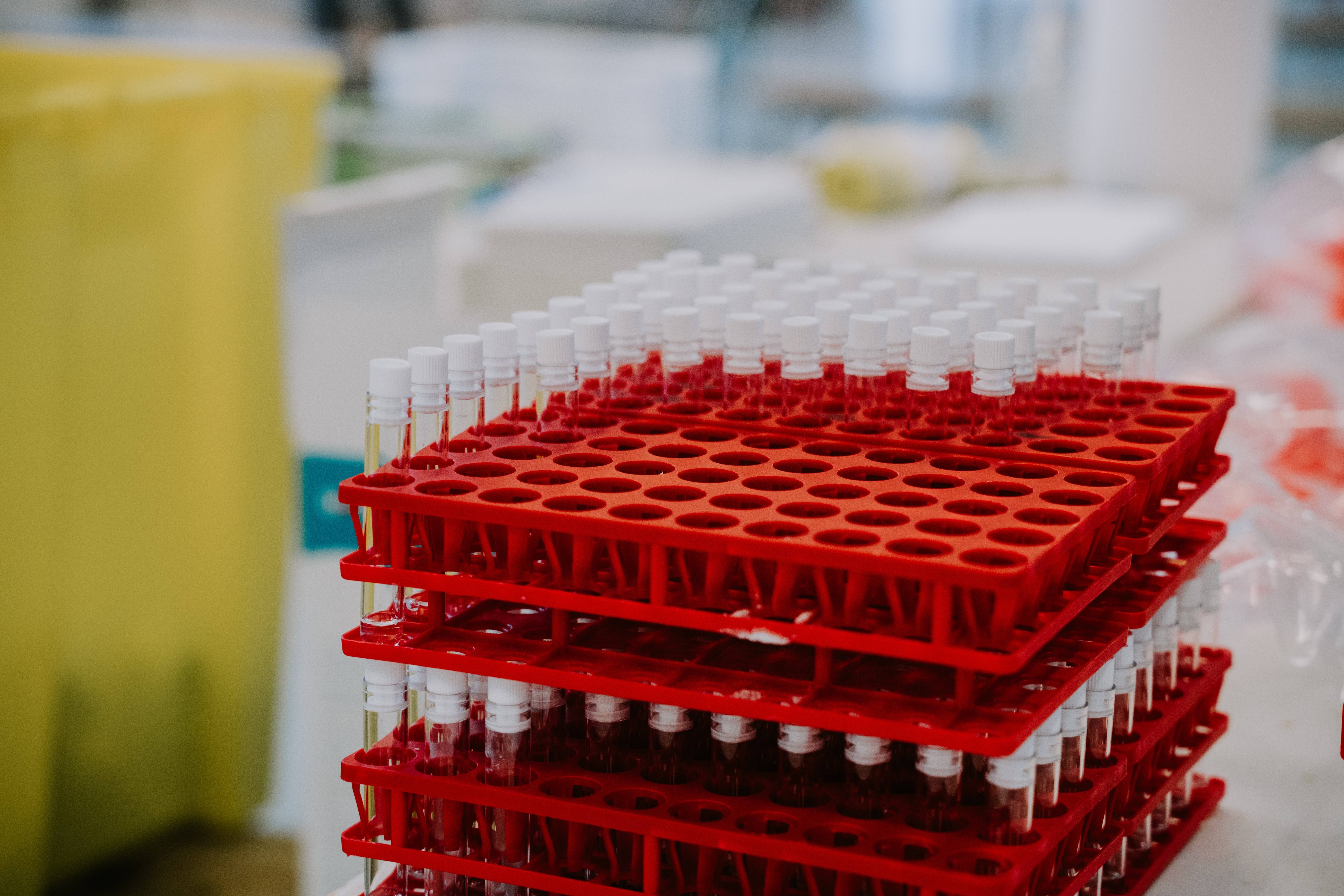Expert Reaction
These comments have been collated by the Science Media Centre to provide a variety of expert perspectives on this issue. Feel free to use these quotes in your stories. Views expressed are the personal opinions of the experts named. They do not represent the views of the SMC or any other organisation unless specifically stated.
Professor Christine Jenkins is Head of the Respiratory Group at The George Institute for Global Health and Professor of Respiratory Medicine at UNSW Sydney
Vaccinations will make a dramatic difference, but they cannot do it instantly. It takes approximately three weeks for a person’s antibody levels to rise to a level that reduces the risk of symptomatic infection with SARS-CoV-2 by about 50 per cent after the first dose, and a further two to three weeks after the second dose to approach the maximum benefit from two doses.
Having said this, the effects of vaccination commence early so even after one dose, there are benefits in reducing transmission to close contacts and households. This is most important if household members are working in high-risk settings and potentially bringing the infection back home. Reductions in transmission rates in households can be seen as soon as 14 days after vaccination, and at 21 days the risk is reduced by 40-50 per cent, approximately the same for both AstraZeneca and Pfizer.
This was shown recently in a comprehensive study analysing data in over a million vaccinated people compared to unvaccinated people in the UK. This same study showed that contacts of vaccinated cases have lower odds of being secondary cases if the index case was vaccinated 14 days or more before testing positive. These data suggest that the sooner people are vaccinated, the sooner they are protected themselves and the sooner their close contacts are protected.
Vaccination is therefore likely to reduce the probability of transmitting the infection as early as 14 days. Hence it can reduce our numbers and help shorten the length of the lockdown as well as reduce the probability that we will need further lockdowns. The sooner a high proportion of the population is vaccinated, the sooner we can return to the freedom we crave."



 Australia; NSW
Australia; NSW


